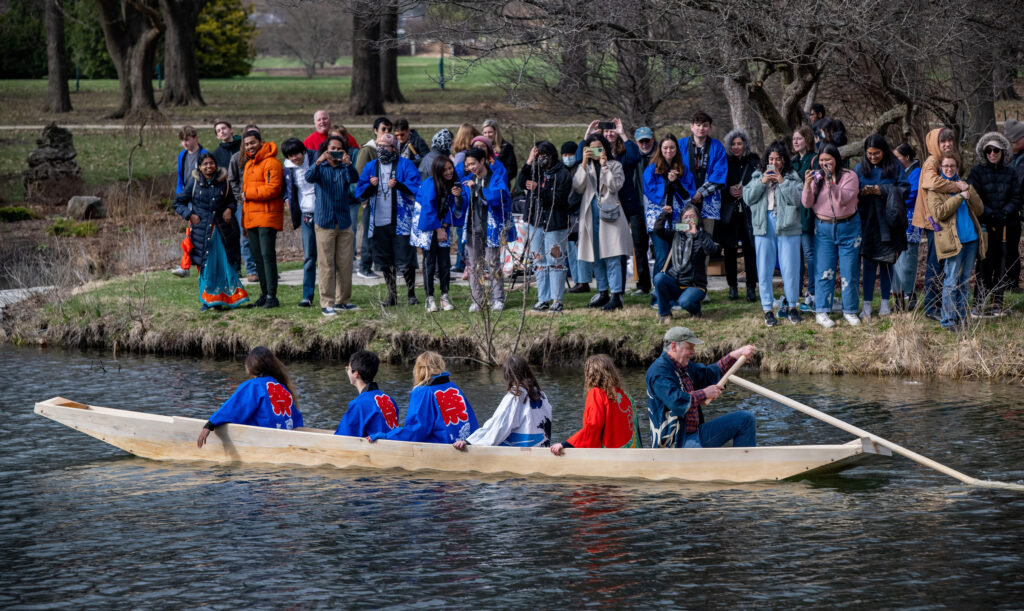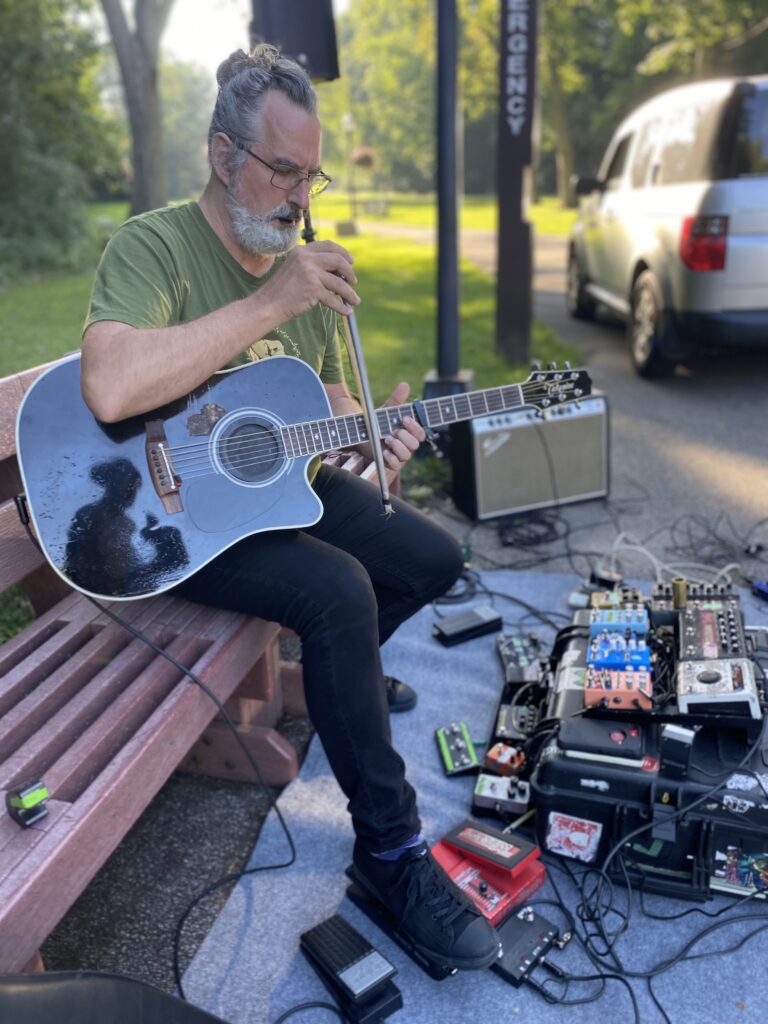Applying for the GIG Fund
The GIG Fund is a grant of $2,000-4,000 that supports creative projects and educational events in the Midwest. These funds help organizations present artists in their community by supporting programming and touring costs.

How to Apply
-
1
Grab the guidelines and resources
Download a copy of the guidelines, which includes all the application questions and some additional resources like sample applications.
-
2
Prepare your application
Visit our grants portal, SmartSimple, to begin this process. Access detailed instructions on how to get set up in SmartSimple.
-
3
Complete and submit the application form
The next cycle of applications has an intent to apply form due on May 23, 2024 at 11:59p.m. Central time and the full application due by June 12, 2024 at 11:59p.m. Central time. Only one application will be accepted per organization.
The launch of the FY26 GIG Fund cycle is currently on hold. We will share updates as soon as they become available. To receive the latest information, we encourage you to sign up for our newsletter. We appreciate your patience and understanding.
Timeline
- Intent to Apply (Required): Due May 23, 2024 @ 11:59 p.m. Central Time
- Application Deadline: Due June 12, 2024 @ 11:59 p.m. Central Time
- Notification of Award Decisions: July 2024
- GIG Fund Activities Take Place: September 1, 2024 – May 31, 2025
Guidelines
The GIG Fund welcomes applications from a variety of organizations, including first-time applicants; organizations serving Native Nations, rural and urban areas; and organizations with organizations with annual expenses of $1 million or less.
Accessibility
Arts Midwest works to ensure that grant guidelines, presentations, and any other written materials are created with accessibility and disability experiences in mind.
For all grant applications, we use an online platform called SmartSimple, unless applicants request another route. SmartSimple has a dedicated Quality Assurance Team and a consultant who helps test usability on a quarterly basis.
We’ve used other tools for grant applications and are happy to work with you such as providing an adapted form in Microsoft Word or taking verbal responses.
Please complete this form so we can help make a grant or program accessible to you.
Visit our Accessibility Policy for more information on our commitment to accessibility.
SmartSimple
Arts Midwest is now collecting applications through a new grants management platform called SmartSimple. Before you apply for a grant opportunity, you’ll need to register your organization in the system.

Have questions about the GIG Fund?
We’re happy to answer any questions you have about the GIG Fund. Be sure to check out our FAQs, and if you’d like to talk to us we’re just an email or a phone call away.
GIG Fund FAQ Contact Our Team